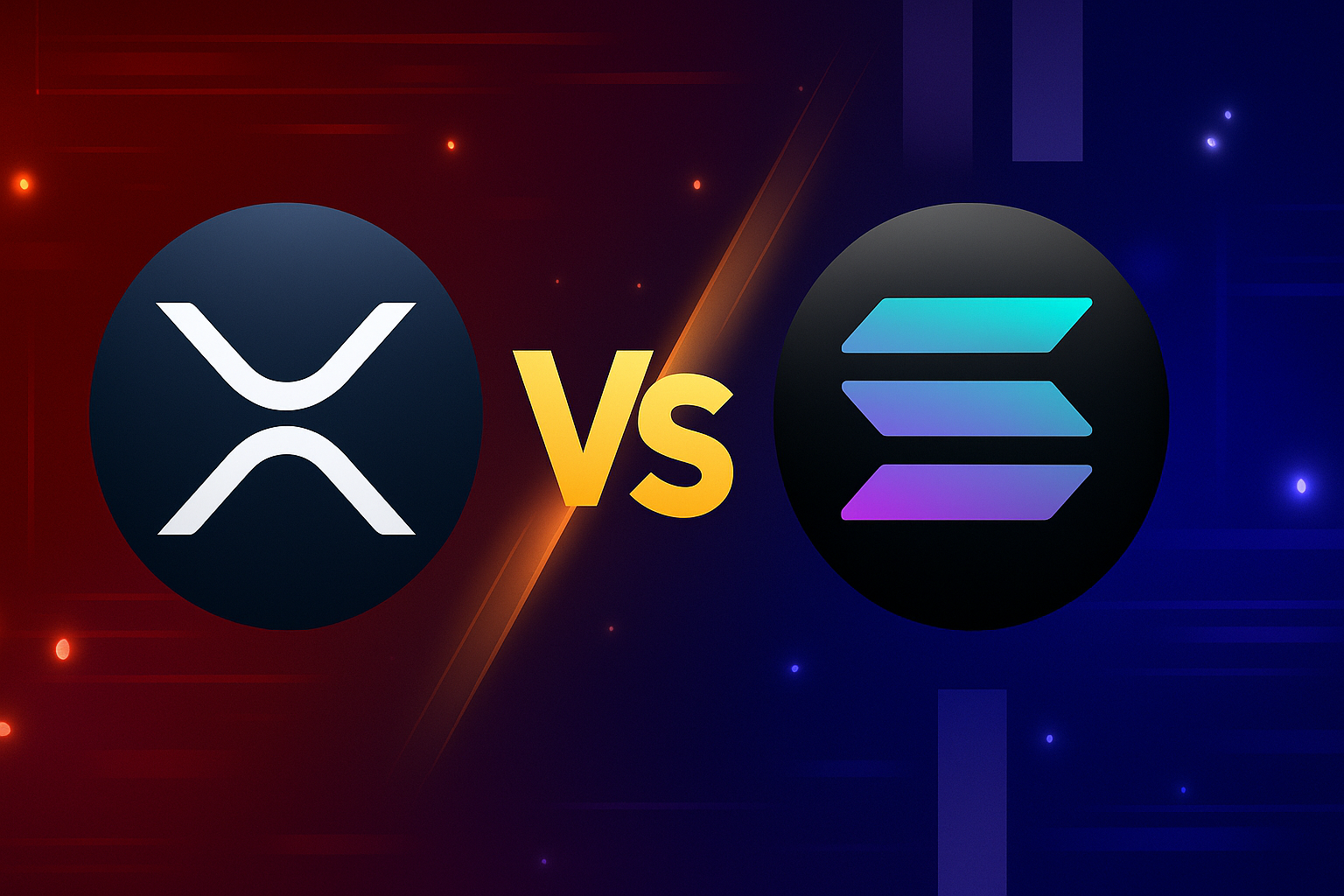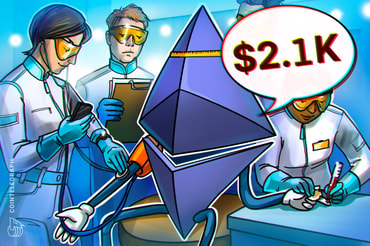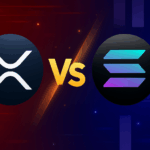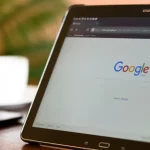Warby Parker Empowers Google’s Exciting Leap into Smart Glasses at I/O 2025

Google I/O 2025 marked a significant milestone in wearable technology, with Google forging partnerships with leading eyewear brand Warby Parker to bring Android XR smart glasses to market. The collaborations with Warby Parker and Gentle Monster blend cutting-edge AI integration with fashionable design, positioning Google to challenge Meta’s Ray-Ban smart glasses dominance.
Powered by Gemini AI, these glasses promise hands-free assistance—live translation, navigation, messaging, and contextual insights—delivered through an in-lens display and hands-free controls. With Google committing up to $150 million and releasing developer tools later in 2025, the Android XR ecosystem is poised for rapid innovation and adoption.
Warby Parker Partnership Drives Stylish Android XR Eyewear
Google’s first Android XR eyewear partner is Warby Parker, marking the brand’s entry into AI-powered tech accessories. Under this collaboration, Google has pledged an equity investment and $75 million toward product development and commercialization, with an additional $75 million contingent on meeting milestone targets.
These smart glasses, part of “Project Aura,” will feature a camera, microphone, speakers, and an optional in-lens display, designed for all-day comfort and style. Warby Parker’s retail expertise and Google’s AI prowess aim to deliver devices that seamlessly integrate into users’ daily routines, offering fashion-forward frames without compromising functionality.
Gentle Monster Partnership Enhances Fashion-Tech Fusion
Alongside Warby Parker, Google partnered with Gentle Monster to inject high-fashion sensibilities into its Android XR lineup. Known for avant-garde eyewear design, Gentle Monster brings creative flair to “Project Aura,” ensuring the glasses appeal to trend-conscious consumers.
The joint reveal at I/O highlighted prototypes tested by select users, demonstrating live messaging, turn-by-turn directions, and real-time language translation—capabilities powered by Google’s Gemini AI running on Android XR.
Key Features of Google’s Android XR Smart Glasses
Google showcased several core features during the I/O demo:
- Hands-Free AI Assistance: Gemini AI interprets the wearer’s surroundings through the glasses’ camera and microphone, offering contextual suggestions, translations, and notifications without requiring handheld devices.
- In-Lens Display: A discreet micro-display delivers real-time information—directions, subtitles, reminders—directly within the frame of vision, preserving privacy and reducing distractions.
Modular Ecosystem: Beyond glasses, Android XR spans headsets like Samsung’s Project Moohan and XREAL’s upcoming “Project Aurora,” fostering an open platform for developers to build immersive AR/VR experiences.
Stylish, Wearable Design: By collaborating with Warby Parker and Gentle Monster, Google addresses the key barrier of fashion in wearable tech, ensuring devices users want to wear all day.
Market Impact and Competitive Landscape
Google’s dual partnerships signal a direct challenge to Meta’s Ray-Ban smart glasses, which have sold over two million units since their 2023 launch. With $150 million backing and Android XR’s open ecosystem, Google aims to attract developers and fashion brands alike, accelerating innovation in AR-enabled eyewear.
Early market responses indicate strong interest, as Warby Parker’s stock rose nearly 15% following the announcement, reflecting investor confidence in the collaboration’s commercial potential. With the Google Gemini integration in Apple, it is possible that other tech competitors also look to Google for this technology.
Future Outlook for Android XR and Wearables
Looking ahead, Google plans to release Android XR developer tools later in 2025, inviting third-party hardware manufacturers and designers to expand the ecosystem beyond initial partners. Continued refinements to Gemini AI and hardware iterations will likely expand use cases—remote assistance, health monitoring, immersive gaming, and enterprise applications.
As regulatory frameworks for AR devices evolve, Google’s emphasis on privacy and user-centric design may set new industry standards for responsible AI deployment in wearables.
About the Author: Sarah Zimmerman is a seasoned crypto and Web3 news writer passionate about uncovering the latest developments in the digital asset space. With years of hands-on experience covering blockchain innovations, cryptocurrency trends, and decentralized technologies, she strives to deliver insightful and balanced news that empowers her readers. Her work is dedicated to demystifying complex topics and keeping you informed about the ever-evolving world of technology.
Sarah Zimmerman
Published on Other News Site




















